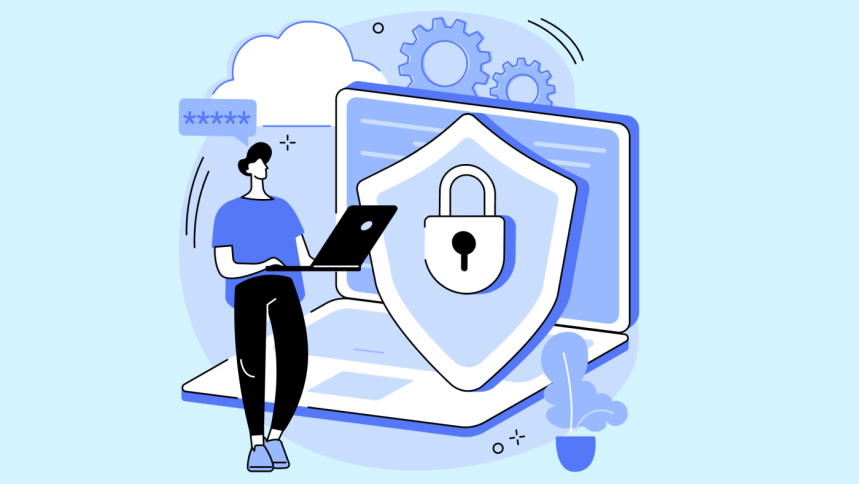Are we safe from cyber hackers?

Mr Jones is a mafia leader who manages all his secret deals and finances on his laptop, which is his regular companion.
One day when he tried to open the laptop, he could only see a dark screen and a message saying the control of the laptop is taken over by someone sitting in Russia. He was tempted to notify the police, but his instincts reminded him that exposing all his confidential information could land him behind the bars for the rest of his life!
With his back against the wall, Mr Jones decides to settle the matter with the hackers by paying a few million dollars using digital currencies. Well, these cyber hacks can happen to you too, save the argument that you are no Mr Jones!
Back in the day, criminal hackers would only aim for targeted victims to realise a handsome ransom. Now, their scope has broadened multi-dimensionally, including selling valuable data, credit card details for marketing purposes, health information leakage on the dark web, theft of corporate business information like business plans and trade secrets, stealing money from financial institutions, ransoms from ransomware attacks by infecting corporate systems with malware, and the list can go on.
According to Palo Alto Networks, a sharp increase of more than five times was recorded in the average payout to such gangs in 2021 over 2020.
In Bangladesh, understanding the importance of cyber security and data breach is at a nascent stage despite the Bangladesh Bank cyber heist in 2016, the Sonali Bank cyber scam in 2013, and the hacking of several private banks. Even some government agencies' systems got hacked by a casual hacker.
Telecom operators are known for having strong cyber security defence, and yet I have seen them being regular targets. The most noteworthy global hackings include the attack on Yahoo, the Singaporean government and Sony's PlayStation network.
However, not all hackers are bad. There are good hackers as well and they are called ethical hackers. The job opportunity in this area is growing exponentially and these hackers mostly work for organisations, including consultancy firms which provide cybersecurity services.
In the era of the Fourth Industrial Revolution, our vulnerability to hackers has never been more. There are potential risks in vehicles with sensors, smart homes, artificial intelligence, and the cloud for storing data. The new model for electric vehicles is getting software-based and as such, they are increasingly getting vulnerable to hackers.
With the phenomenal increase in cyber and ransomware attacks coupled with growing dependence on digitalisation, it is critical to remember why paying malicious hackers is never a good idea. This is because it only serves to encourage them more in such illegal activities and at the same time, continues to make the organisation or individual more vulnerable.
The best solution to combat this malice is to invest in a robust security system, a comprehensive incident response plan, and a disaster recovery plan so that one can contain any reputational or financial damage caused, and get back-up running. Other general ways to keep yourself or the organisation safe are to delete suspicious emails, refrain from clicking on unknown links, create strong passwords, and change passwords frequently.
Bangladesh is on the journey of shifting the Digital Bangladesh gear to a digital society and digital economy. To make the progress sustainable, it is absolutely crucial to focus on and adapt a cyber security enabler.
The author is a telecom and management expert.

 For all latest news, follow The Daily Star's Google News channel.
For all latest news, follow The Daily Star's Google News channel. 



Comments